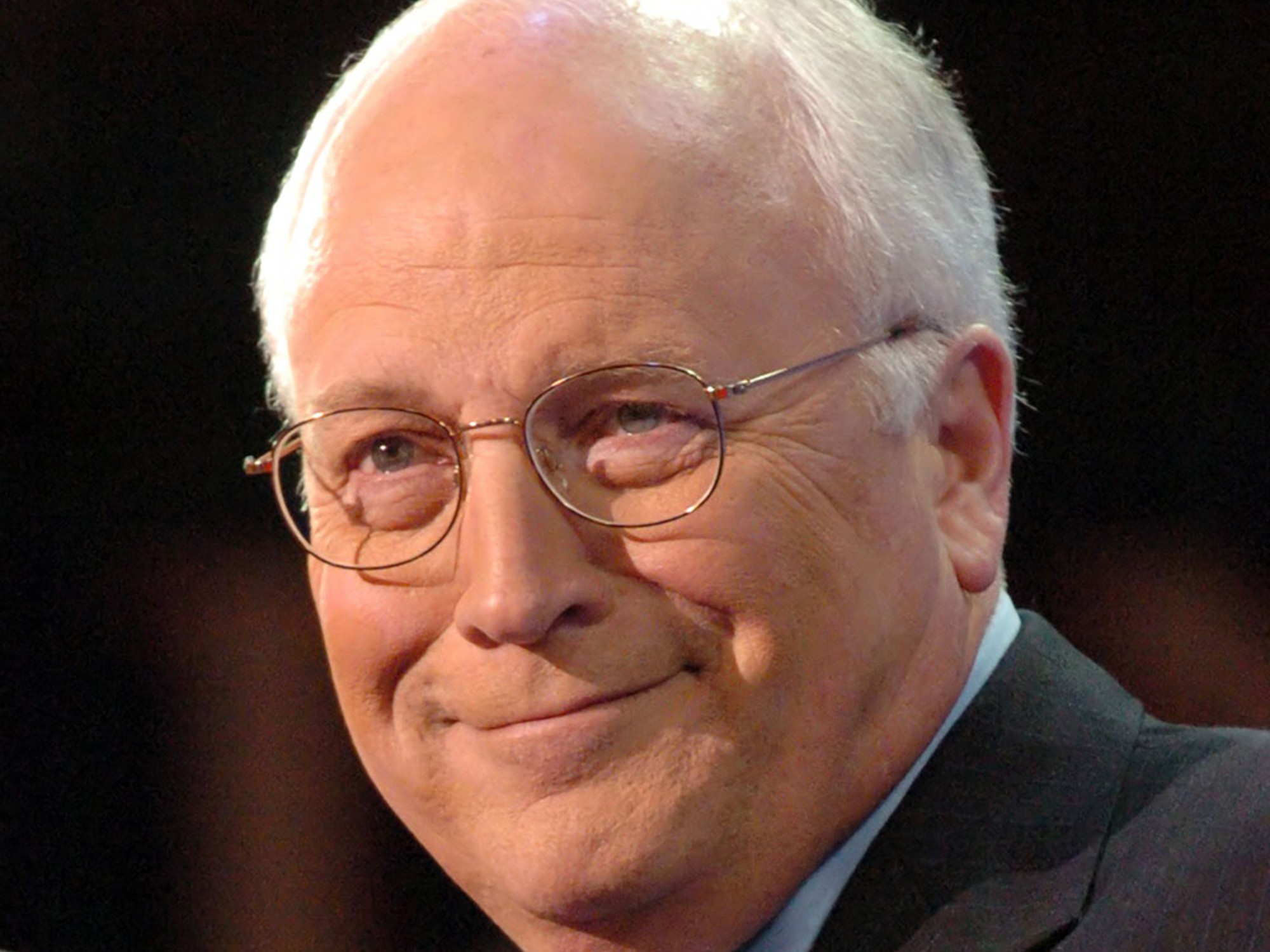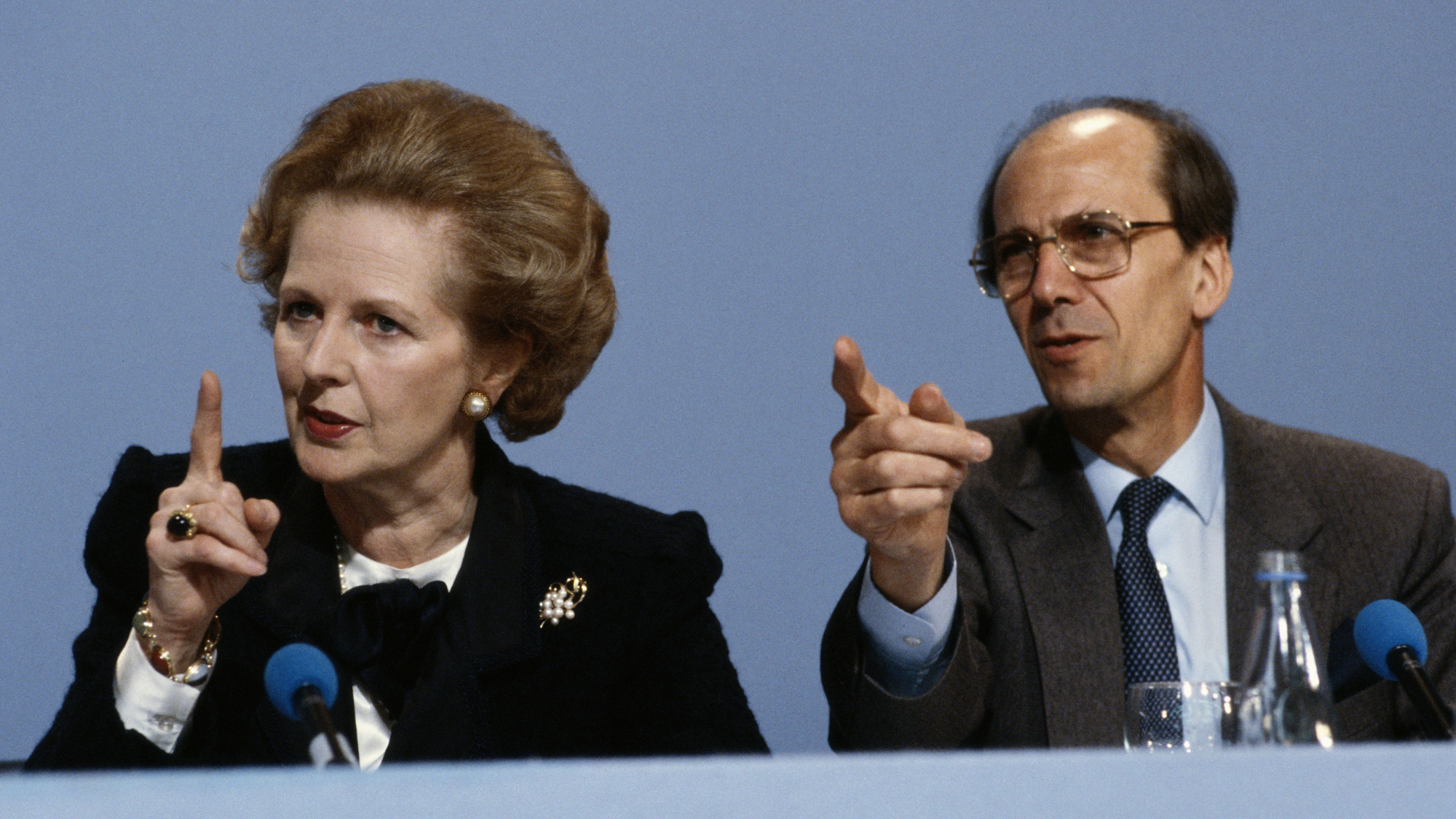Eugene Foster
The pathologist who linked a president to his slave
A free daily email with the biggest news stories of the day – and the best features from TheWeek.com
You are now subscribed
Your newsletter sign-up was successful
The pathologist who linked a president to his slave
Eugene Foster
1927–2008
The Week
Escape your echo chamber. Get the facts behind the news, plus analysis from multiple perspectives.

Sign up for The Week's Free Newsletters
From our morning news briefing to a weekly Good News Newsletter, get the best of The Week delivered directly to your inbox.
From our morning news briefing to a weekly Good News Newsletter, get the best of The Week delivered directly to your inbox.
In 1802, a political enemy of Thomas Jefferson began a rumor that Jefferson had fathered a child with one of his slaves, Sally Hemings. For almost 200 years, the third U.S. president’s admirers and detractors argued over the charge with equal vehemence. Then, in 1998, pathologist Eugene Foster made headlines by examining genetic evidence and determining that the rumor was almost certainly true.
By that time, Foster had already retired, said The New York Times, having spent most of his career at the University of Virginia Medical School and the New England Medical Center at Tufts University. But when he learned of a new technique that could track the Y, or male, chromosome down through generations, he decided to tackle the mystery. “Jefferson had no male descendants, but blood samples from five descendants of his uncle, Field Jefferson, provided Foster with the authentic Jefferson Y chromosome.” Foster also tested descendants of Jefferson’s nephews and Hemings’ son, Eston. The only Y chromosome that matched Jefferson’s lineage came from Eston Hemings’ descendants. Writing in Nature magazine, Foster said that he could not rule out the possibility that a Jefferson other than Thomas was the father of Eston. “But that seemed unlikely, he said, after taking account of all the historical evidence, which included Jefferson’s recorded presence at Monticello at the conception of all Hemings’ known children.”
Although members of the Monticello Association, who claim descent from Jefferson through his daughter Martha, have refused to admit Hemings’ descendants to their ranks, Foster’s findings are now generally accepted. He died of prostate cancer and leukemia.
A free daily email with the biggest news stories of the day – and the best features from TheWeek.com
-
 5 cinematic cartoons about Bezos betting big on 'Melania'
5 cinematic cartoons about Bezos betting big on 'Melania'Cartoons Artists take on a girlboss, a fetching newspaper, and more
-
 The fall of the generals: China’s military purge
The fall of the generals: China’s military purgeIn the Spotlight Xi Jinping’s extraordinary removal of senior general proves that no-one is safe from anti-corruption drive that has investigated millions
-
 Why the Gorton and Denton by-election is a ‘Frankenstein’s monster’
Why the Gorton and Denton by-election is a ‘Frankenstein’s monster’Talking Point Reform and the Greens have the Labour seat in their sights, but the constituency’s complex demographics make messaging tricky
-
 The billionaires’ wealth tax: a catastrophe for California?
The billionaires’ wealth tax: a catastrophe for California?Talking Point Peter Thiel and Larry Page preparing to change state residency
-
 Bari Weiss’ ‘60 Minutes’ scandal is about more than one report
Bari Weiss’ ‘60 Minutes’ scandal is about more than one reportIN THE SPOTLIGHT By blocking an approved segment on a controversial prison holding US deportees in El Salvador, the editor-in-chief of CBS News has become the main story
-
 Dick Cheney: the vice president who led the War on Terror
Dick Cheney: the vice president who led the War on Terrorfeature Cheney died this month at the age of 84
-
 Has Zohran Mamdani shown the Democrats how to win again?
Has Zohran Mamdani shown the Democrats how to win again?Today’s Big Question New York City mayoral election touted as victory for left-wing populists but moderate centrist wins elsewhere present more complex path for Democratic Party
-
 Millions turn out for anti-Trump ‘No Kings’ rallies
Millions turn out for anti-Trump ‘No Kings’ ralliesSpeed Read An estimated 7 million people participated, 2 million more than at the first ‘No Kings’ protest in June
-
 Ghislaine Maxwell: angling for a Trump pardon
Ghislaine Maxwell: angling for a Trump pardonTalking Point Convicted sex trafficker's testimony could shed new light on president's links to Jeffrey Epstein
-
 Norman Tebbit: fearsome politician who served as Thatcher's enforcer
Norman Tebbit: fearsome politician who served as Thatcher's enforcerIn the Spotlight Former Conservative Party chair has died aged 94
-
 The last words and final moments of 40 presidents
The last words and final moments of 40 presidentsThe Explainer Some are eloquent quotes worthy of the holders of the highest office in the nation, and others... aren't